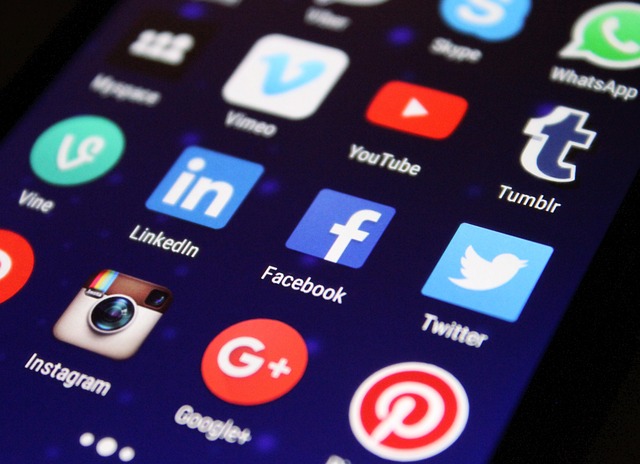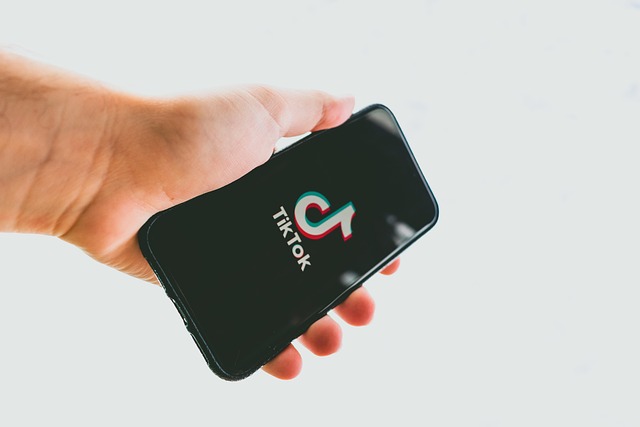In today’s interconnected world, the dynamics of relationships are profoundly influenced by the ever-present landscape of social media. The rise of platforms that allow us to share our thoughts at the touch of a button has come with both positive and negative implications. While social media has the power to connect us like never before, it also fuels a growing polarization that can complicate our relationships with family, friends, and colleagues.
Social media platforms offer a stage where opinions are shared freely, often leading to vibrant discussions. However, it can also become an echo chamber that amplifies divisive views. This polarization can create rifts in relationships, as differing opinions may clash in the comment sections. Friends previously united by shared interests may find themselves standing at opposite ends of the ideological spectrum. The art of conversation, which once thrived in face-to-face interactions, often dissolves into a barrage of likes, shares, and retweets, negating the possibility for nuanced dialogue.
Moreover, the curated lives we present online might not reflect reality, further complicating our interactions. As we scroll through highlights of our friends’ lives, we can unknowingly set ourselves up for discontent or jealousy. This phenomenon can lead to unrealistic expectations of relationships, where individuals might feel compelled to match the perfection they see online, leading to disappointment when real life doesn’t measure up.
Another crucial aspect of relationships influenced by social media polarization is the way we communicate our feelings and opinions. In digital interactions, tone can often be misinterpreted, and emotions can be muted or exaggerated. A message intended as light-hearted banter might be perceived as hurtful sarcasm, causing unintended friction between relationships. This disconnect can result in misunderstandings that may escalate quickly if not addressed. Here, open and honest communication becomes vital, allowing individuals to bridge the gap between their online personas and their real-life selves.
To navigate these turbulent waters, it’s essential to cultivate emotional intelligence. This means being aware of the emotions underlying posts and discussions online, as well as recognizing how our responses can impact our relationships. Taking a step back before engaging in a heated debate can help maintain the integrity of our connections. Understanding when to engage or disengage, how to express dissent respectfully, and knowing when to agree to disagree are skills that can fortify relationships amidst the noise of social media polarization.
In seeking balance, it’s also helpful to establish boundaries regarding social media interactions. These might include setting specific times to check social platforms or curating feeds to limit exposure to highly polarizing content. Taking breaks from social media can also foster deeper connections, providing the space needed to engage face-to-face without external distractions. It allows for conversations that are rich and multi-dimensional rather than reduced to mere status updates or comments.
As we move forward in this digital age, fostering strong relationships amidst social media polarization is not only possible; it’s essential. By approaching social media with a conscious mindset, prioritizing communication, and managing our online presence thoughtfully, we can navigate the complexities of relationships with intention. It’s about finding that balance and ensuring that our connections with others remain meaningful in a world that often seems divided.




